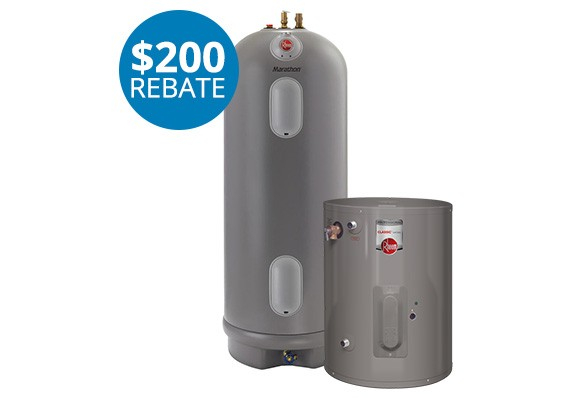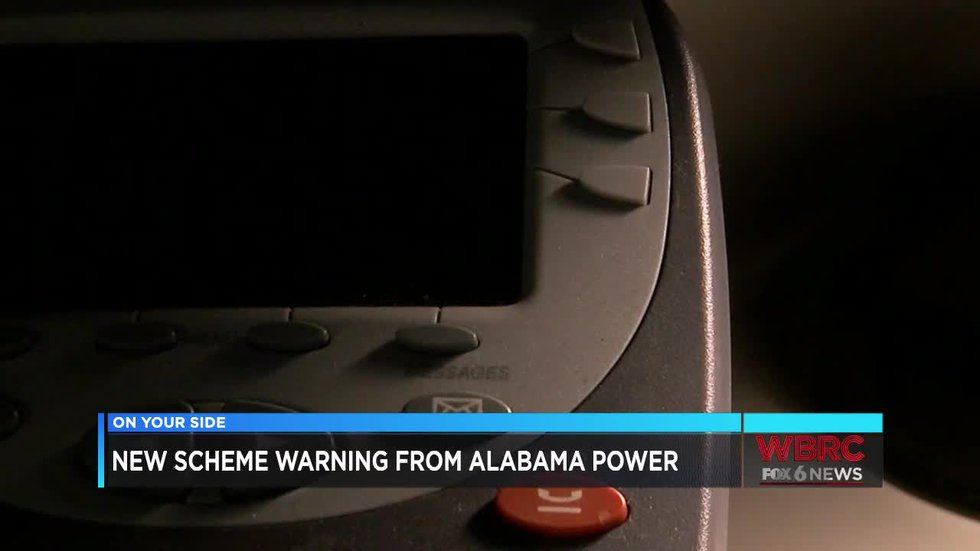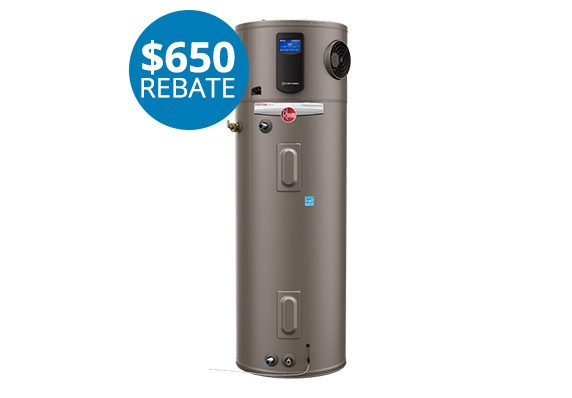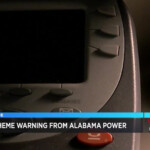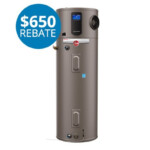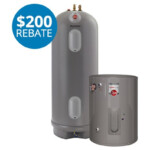Alabama Power Water Heater Rebate – California Water Power Rebate (CalWPR), which provides money to install energy-efficient products within multifamily homes and residential units, is available in California. Rebates can be used to upgrade tenant units and common areas. Property owners and managers can use the program to improve their properties’ energy efficiency. The application process for the rebate is easy and fast.
Low-income households
California homeowners may qualify for up to $14,000 in rebates offered by water power companies. Homeowners must be earning at least 150% of the area median household income to qualify. Fannie Mae offers an area median income lookup tool that can help you determine if you qualify. This program will continue until September 30, 2031.
LIWP provides many benefits for low-income households. These include reduced utility bills and improved air quality. They also reduce greenhouse gas emissions. LIWP is a way for low-income households to save money on their utility bills and have more money left over for other necessities.
The Weatherization Assistance Program helps low-income households reduce energy costs through a combination of rebates and education. This federally funded program is administered by utilities, Indian tribes, local and state governments, non-profit organizations, and nonprofit organizations. The program is administered by regional community action agencies and is designed to provide weatherization assistance to low-income households.
This program is open to both single-family and multifamily households. The company offers free energy efficiency measures like windows, insulation, water heaters, and other services to low-income homeowners or tenants. DTE partners with faith-based and local community organizations to offer this program.
Commercial properties
Commercial customers have several rebate options. These rebate programs can help you save money on your energy bills. You may also qualify for tax credits. Commercial customers may be eligible for the C-PACE financing program. This program can provide up to 100% of the upfront capital needed for commercial energy projects.
Energy-efficient products
Increasing energy efficiency is one of the easiest steps to take towards sustainability. Simple things such as turning off lights in unused rooms can reduce your heating bills by up to ten percent. Closing doors to unused rooms and adjusting your thermostat can also help you lower your monthly bills. You can also take advantage of rebates on energy-efficient products or systems.
Installing a ENERGY STAR(r), certified Smart thermostat in your house is another great way to save money and energy. These thermostats are available for purchase at select retailers and offer pre-programmed settings. You can also get a $1.00 rebate for interior storm windows by shopping at participating retailers.
If you’re looking for rebates for energy-efficient products, check out the ENERGY STAR(r) rebate center. The center keeps track of rebates for energy-efficient products and appliances from multiple sources. Rebates are updated regularly, so you can be sure to find the one that’s right for you.
You can also take advantage of federal tax credits for installing energy-efficient products in your home. To ensure that you are eligible, consult a tax professional.
